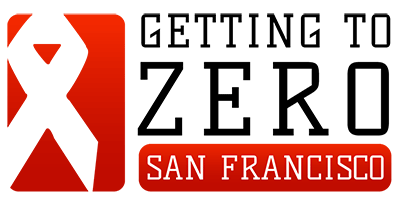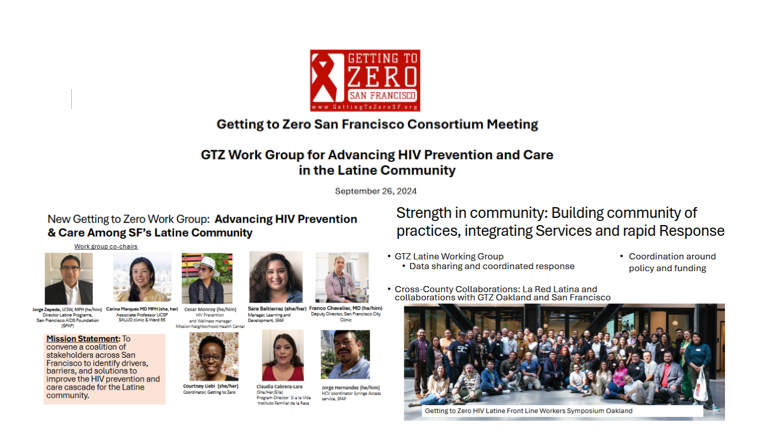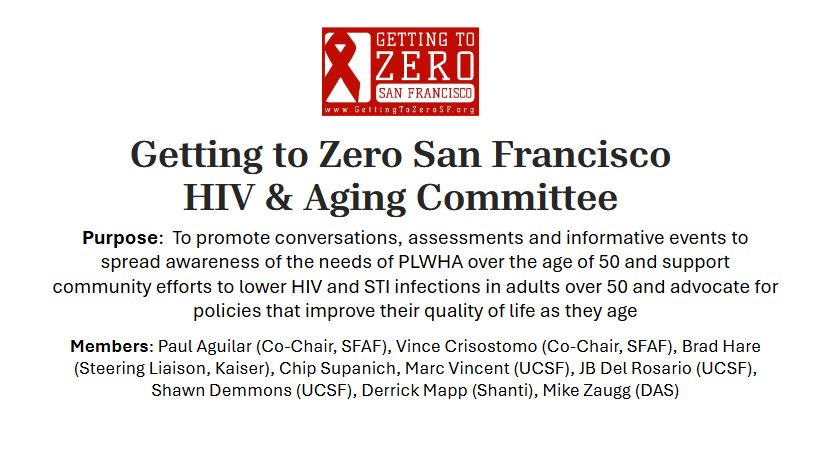2024 Fall Consortium Meeting – Social determinants of health affecting SF’s Latine/x communities

New & Updated Resources, June 2024
June 10, 2024
World AIDS Day 2024 Consortium Meeting – Black/African-American Health & Wellness in San Francisco
December 10, 20242024 Fall Consortium Meeting – Social determinants of health affecting SF’s Latine/x communities
This month’s Consortium meeting we focused on the social determinants of health & health inequities affecting the City’s Latinas/e/x communities, including immigration. The agenda also included a presentation with new data from the SF Department of Public Health’s 2023 HIV Epidemiology Annual Report.
Thanks to Dr. Carina Marquez and Jorge Zepeda for leading the meeting and launching the new workgroup on advancing HIV prevention & care among San Francisco’s Latine/x/o community. Many thanks to the panelists and all the community members who shared their experiences.
Below are some themes/recommendations raised during the meeting —
- Increase healthcare access, both primary care and sexual health services, especially for recent immigrants and those not currently engaged in care. This includes addressing language barriers and building trust.
- Expand messaging and outreach for Latinx men who have sex with men and women beyond just focusing on sexual orientation identity.
- Implement and study new HIV/STI testing strategies like social networks, peer ambassadors, and home testing approaches that are tailored for Latinx communities.
- Strengthen collaboration and coordination across organizations, counties, and funding/policy efforts to provide a more cohesive community response.
- Integrate legal services and address immigration status as a key social determinant of health for the Latinx community.
- Provide Spanish-language contingency management and in-person behavioral health services for substance use treatment.
- Co-locate and expand community-based testing and services, including in shelters, SROs, and other trusted access points. When discussing barriers to accessing healthcare and testing, some Latinx immigrants may not be able to miss work to get tested, as their employers may not allow them to take time off.
- Ensure equitable access to new HIV prevention technologies like long-acting PrEP across Latinx subpopulations.
- Hire staff from the Latinx community and provide continuous training to address implicit biases and transphobia within healthcare settings.
- Design/implement a plan to reach Latinx individuals who work in restaurants, work centers, and other service industry jobs, as they may not have access to information about HIV prevention services like PrEP.
If you have any additional feedback or would like to join the new workgroup, please let us know – you are welcome!
Here is a link to slides presented at the meeting, including new data from the 2023 SFDPH HIV Epidemiology Report.


